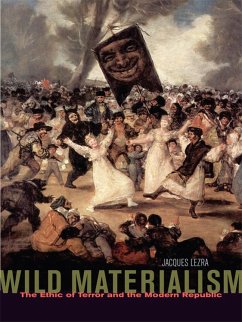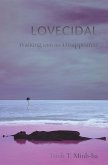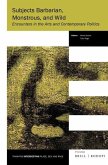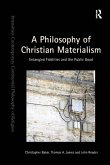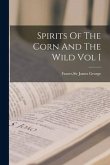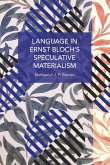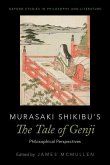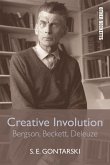Wild Materialism speaks to three related questions in contemporary political philosophy. How, if different social interests and demands are constitutively antagonistic, can social unity emerge out of heterogeneity? Does such unity require corresponding universals, and, if so, what are they, where are they found, or how are they built? Finally, how must the concept of democracy be revised in response to economic globalization, state and nonstate terrorism, and religious, ethnic, or national fundamentalism? Polemically rehabilitating the term terror, Lezra argues that it can and should operate as a social universal. Perched perilously somewhere between the private and the public domains, terror is an experience of unboundable, objectless anxiety. It is something other than an interest held by different classes of people; it is not properly a concept (like equality or security) of the sort universal claims traditionally rest on. Yet terror's conceptual deficiency, Lezra argues, paradoxically provides the only adequate, secular way to articulate ethical with political judgments. Social terror, he dramatically proposes, is the foundation on which critiques of terrorist fundamentalisms must be constructed. Opening a groundbreaking methodological dialogue between Freud's work and Althusser's late understanding of aleatory materialism, Lezra shows how an ethic of terror, and in the political sphere a radically democratic republic, can be built on what he calls "wild materialism." Wild Materialism combines the close reading of cultural texts with detailed treatment of works in the radical-democratic and radical-republican traditions. The originality of its closely argued theses is matched and complemented by the breadth of its focus-encompassing the debates over the "ticking bomb" scenario; the circumstances surrounding ETA's assassination of Admiral Luis Carrero Blanco in Madrid in 1973; the films of Gillo Pontecorvo; Sade's republican writing; Marx's Critique of Hegel's Philosophy of Right; and the roots of contemporary radical republicanism in early modern political theology (Bodin, Shakespeare, Parsons, Siliceo).
Bitte wählen Sie Ihr Anliegen aus.
Rechnungen
Retourenschein anfordern
Bestellstatus
Storno

